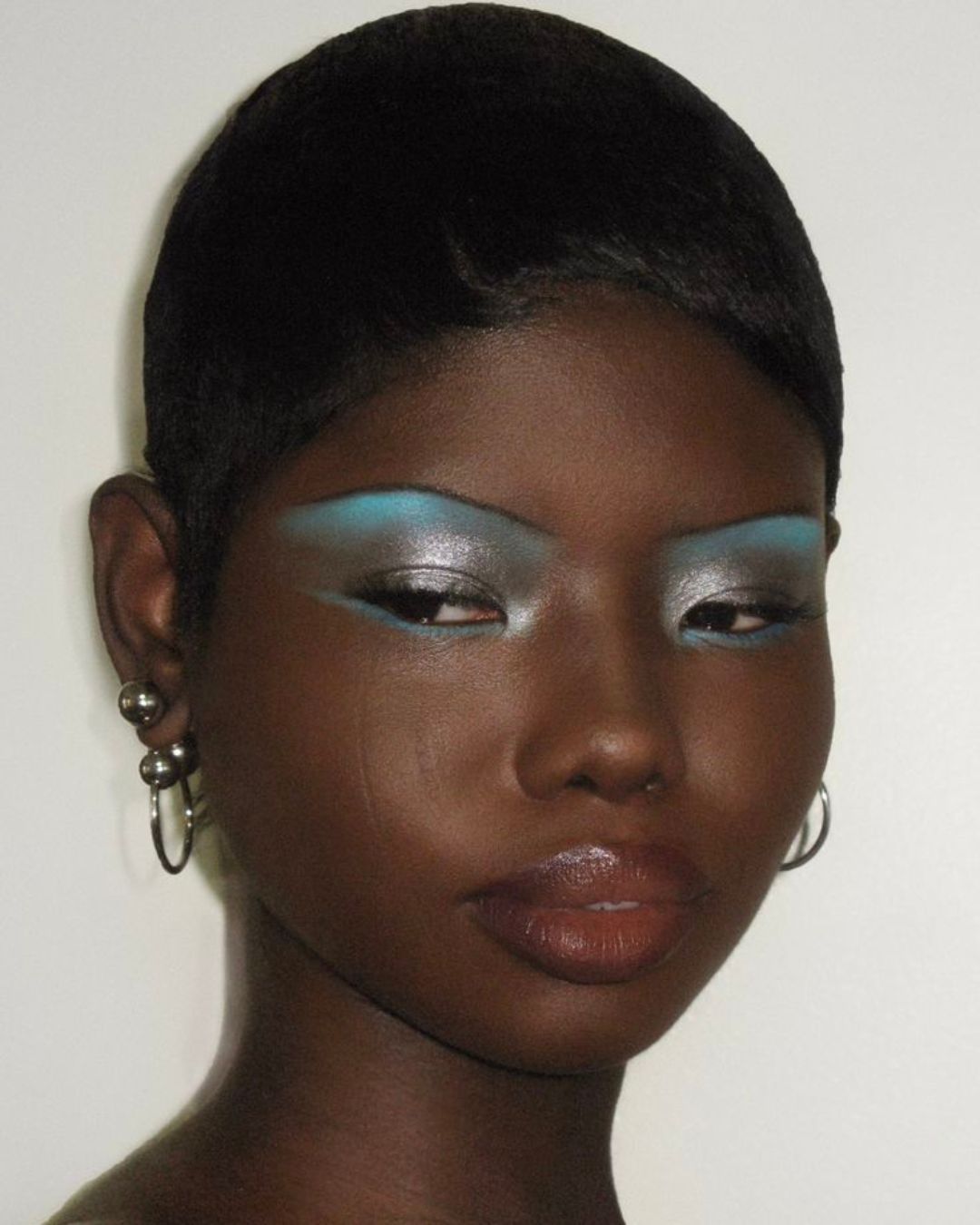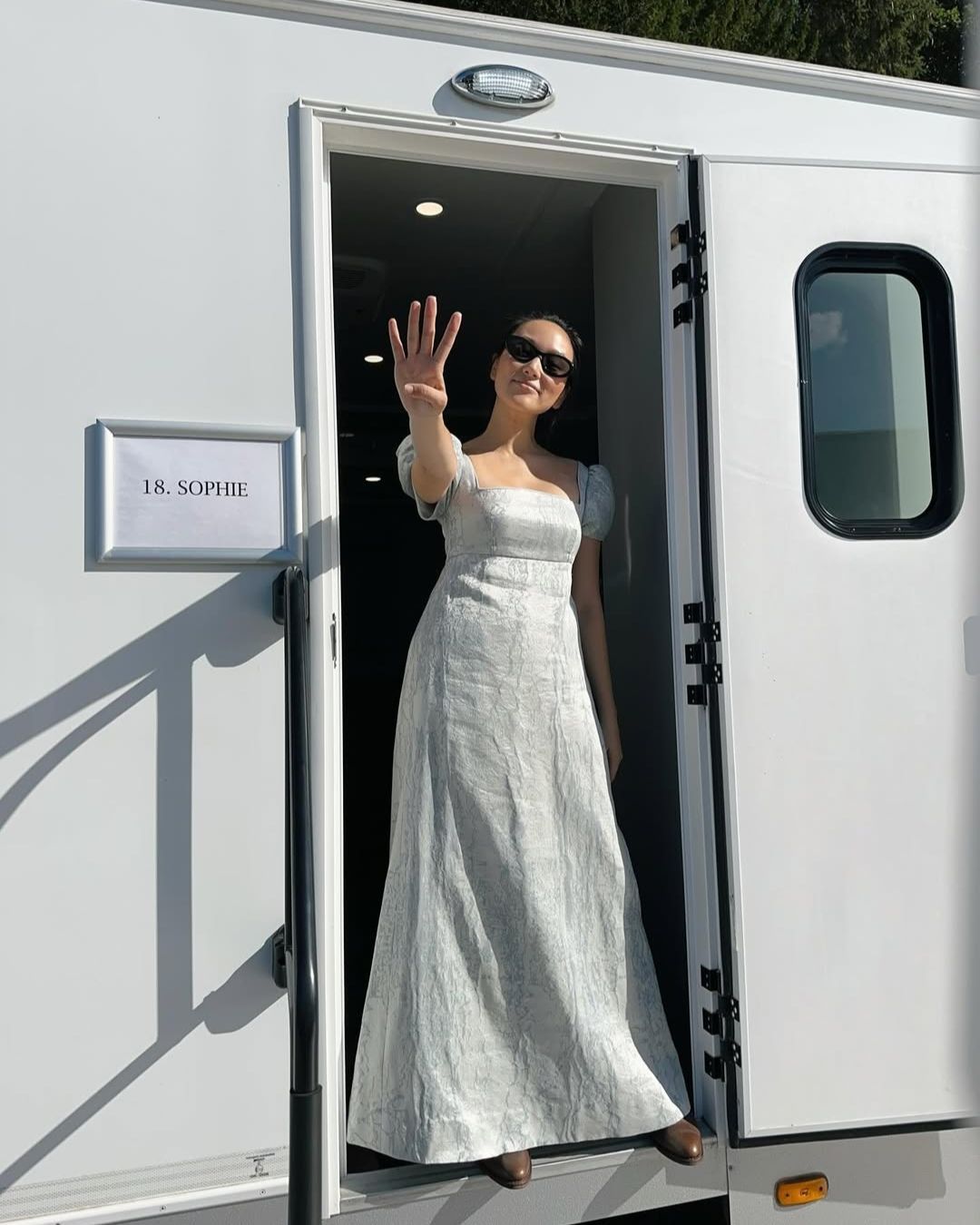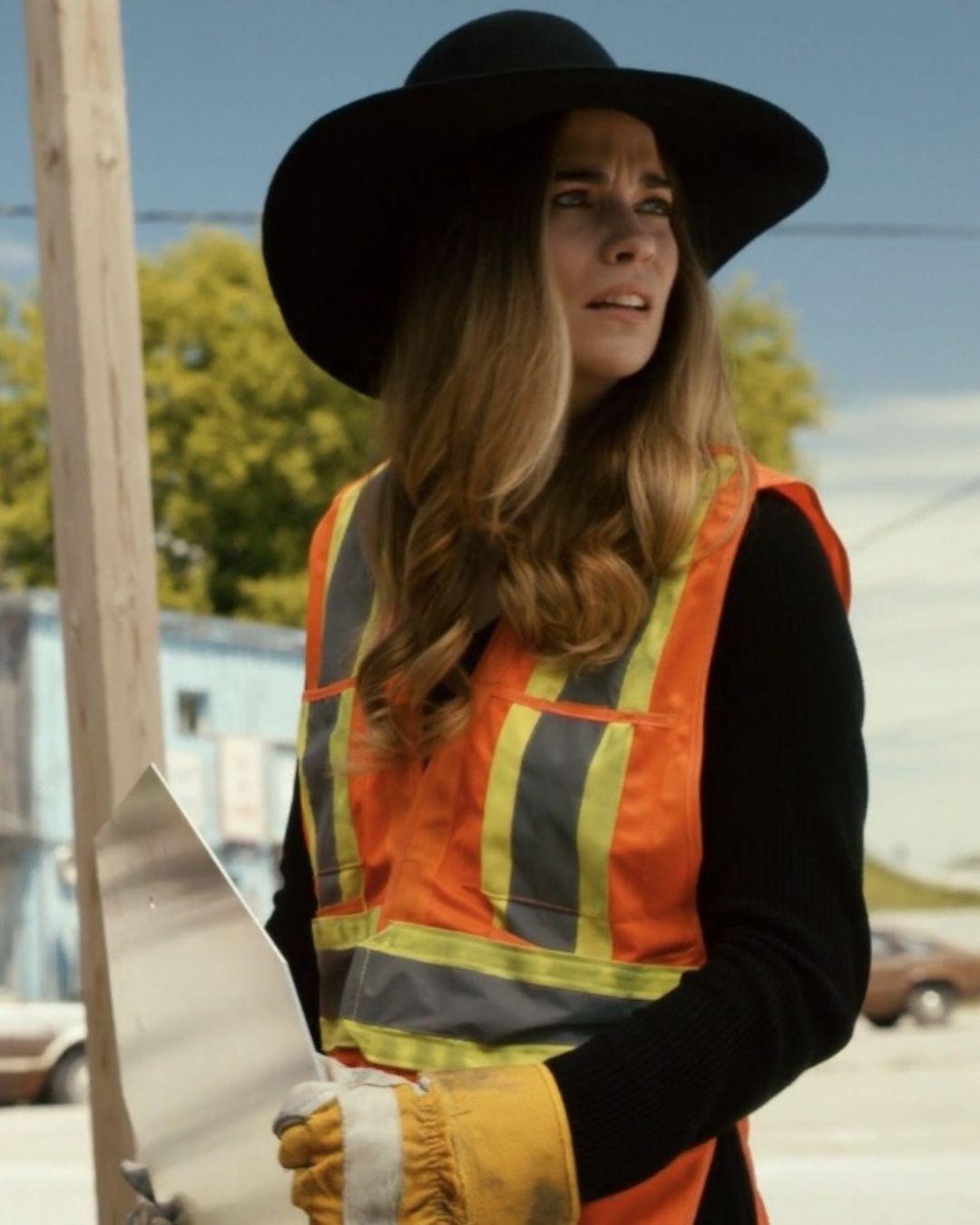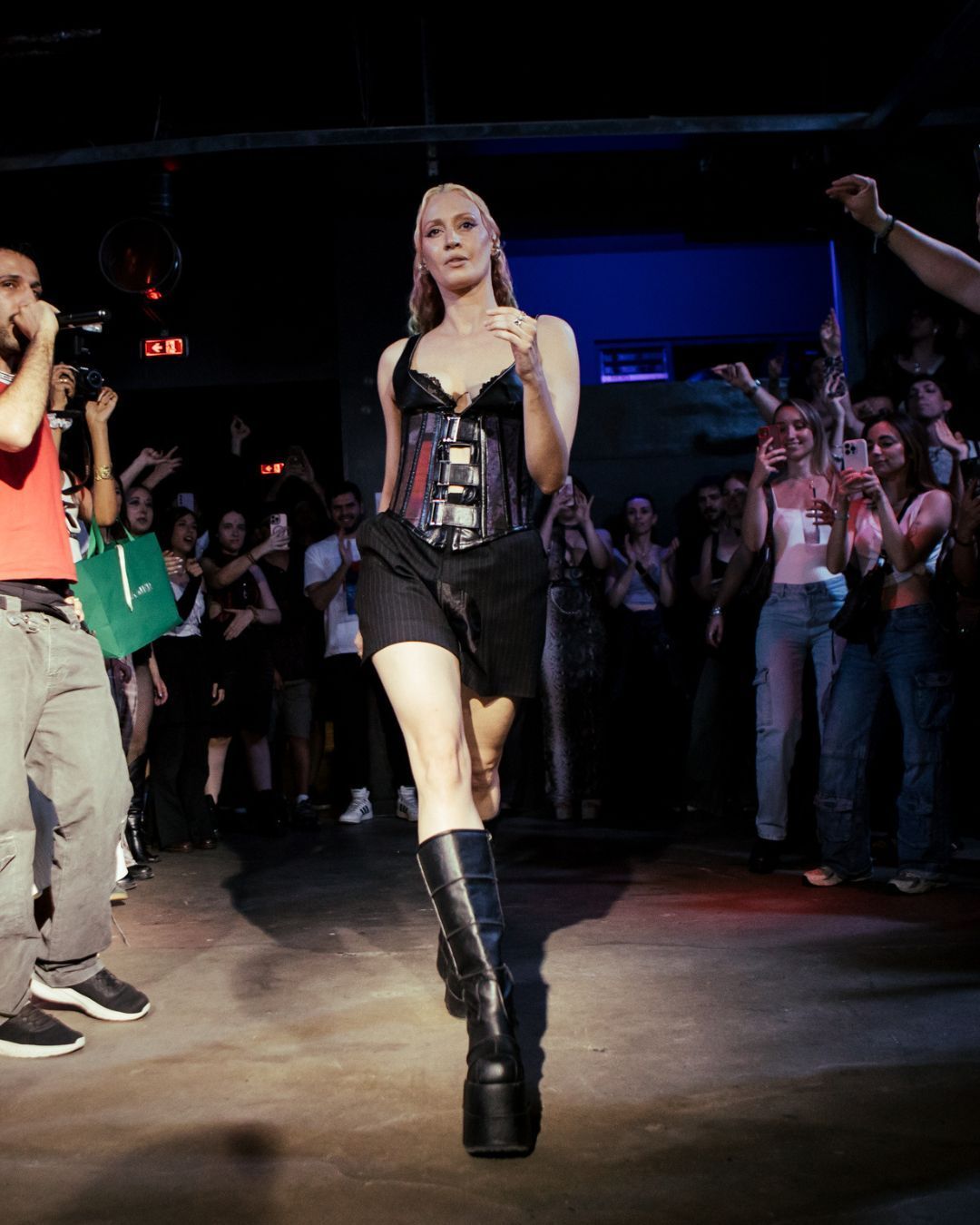
Are we original anymore? The curse of the algorithm bubble
Have you ever been scrolling on Pinterest and realized you’ve been repeatedly served the same pins for the past few months? Or have you tried to find new music on Spotify and can’t seem to discover anything other than the same few songs constantly shuffled in your mix? Or have you ever been walking around your neighborhood and seen dozens of people wearing nearly identical outfits to your own?
What is meant by algorithmic bubble?
If you’ve answered yes to any of the above questions, then you might be stuck in an algorithm bubble. Algorithms are meant to serve content that’s relevant and interesting to us, rather than having to search through the endless corners of the internet. They’re an incredible tool that has taken social media to the next level, ensuring user experiences suit individual tastes. According to New Yorker writer Kyle Chayka, "[Algorithms] are equations that measure what you're doing, surveil the data of all the users on these platforms and then try to predict what each person is most likely to engage with. So, rather than having this neat, ordered feed, you have this feed that's constantly trying to guess what you're going to click on, what you're going to read, what you're going to watch or listen to." This means that what we see online is pre-determined for us based on our tastes to create heightened engagement.
The downside of the algorithmic bubble
Constantly having relevant content is great, but what do you do if you’ve found yourself trapped by your algorithm? When everything you see has been pre-determined by a computer and an equation, there’s an entire world of information you’re not exposed to. Additionally, in the very likely case that someone else has the same interests as you do, you’re going to be exposed to the same kinds of content. We’re witnessing a kind of cultural globalization where people who believe the same things are exposed to the same things and then prompted to buy the same things, do the same things, go to the same places, etc. When being a “clean girl” means looking like a certain kind of person, and being a “granola girl” means looking like another, are we really being unique or original anymore? Or have we fallen into algorithmically-organized cliques?
What was there before the algorithmic bubble?
Before the internet, before algorithms, content, and information weren’t sorted and served to us the way it is now. People had to dig for what they were looking for, and because of that, would be exposed to lots of different information. For example, let’s say you’re looking for a jazz album back in the day. You’d go to the record store, stand next to bins and shelves of records, and dig through them until you found what you wanted. Maybe along the way, you spot something that catches your eye. It’s not what you came to the store for, and maybe it has nothing to do with jazz, but it’s piqued your interest. In this example, you’re exposed to much more than just what’s served to you — you get to find information for yourself and learn something new along the way.
So, for those of us trapped in a never-ending algorithm bubble and tired of walking down the street looking at practical reflections of ourselves, here are a few ideas for breaking free:
-
Get offline. Go out into the world and expose yourself to more than what you think you’re interested in. Attend an event that you’d normally never consider. You might be surprised at what you learn about yourself and others.
-
Create additional accounts to explore different kinds of content. Make a second Spotify account or another Pinterest page. Instead of diving into the kinds of content you usually like, immerse yourself in a completely different world and use the algorithm to your advantage.
-
Get a little historical. Check out an old encyclopedia or read archival magazines from decades ago. You might be surprised by what you see and what you’re interested in.
It’s nearly impossible to break out of our algorithm bubbles, and what’s happening because of this? We all look the same, dress the same, and listen to the same music. When we’re served the same content repeatedly, we need to break free from the sea of sameness and search for our own originality. Being exposed to additional kinds of cultures, information, and content means expanding our definition of ourselves and the world around us — breaking free from our bubbles makes us original.




























































